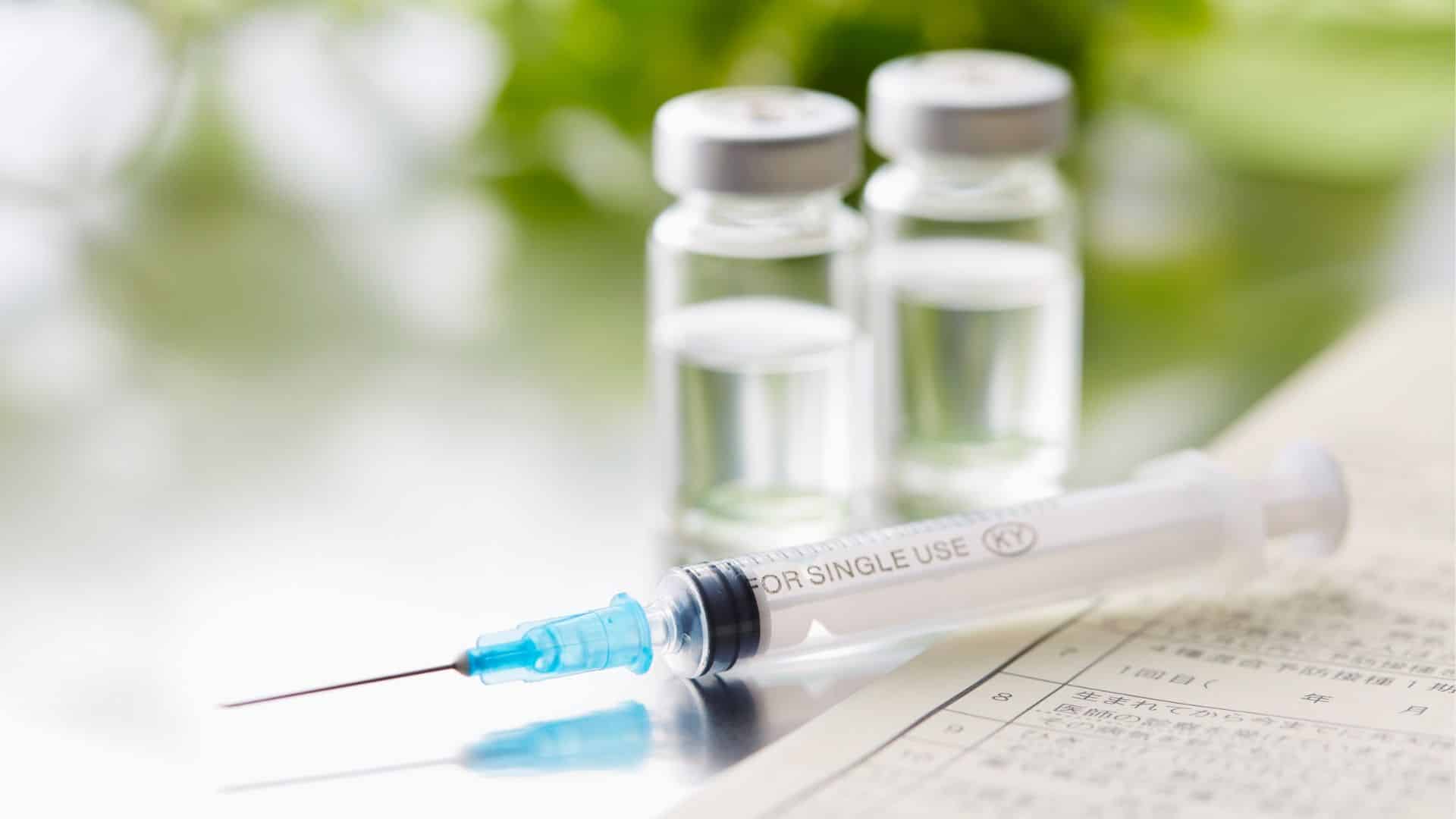Are you tired of trying diet after diet without seeing lasting results?
Many people struggle with weight loss, despite their best efforts with traditional methods such as calorie counting and intense exercise routines.
Recent advances in medical science have introduced peptide therapy as a promising option for weight management.
These specialized proteins can help regulate appetite, boost metabolism, and support fat burning in ways that standard approaches often cannot achieve.
In this blog, you’ll learn about the most effective peptides for weight loss, how they work, their benefits, and whether peptide therapy might be right for your goals.
What Are Peptides?
Peptides are short chains of amino acids that act as signaling molecules in your body. Think of them as tiny messengers that tell different organs and systems what to do.
Your body naturally produces thousands of different peptides that regulate various bodily functions, including hormone release and immune function.
Some peptides specifically target areas related to weight management and metabolism.
- Lab-created versions are designed for therapeutic use.
- Cross biological barriers more easily than larger proteins.
- Bind to specific receptors to trigger desired responses.
- Can be modified to enhance stability and effectiveness.
- Available in injectable forms for medical treatment.
- Require prescription and medical supervision for safe use.
Synthetic peptides used for weight loss are designed to mimic or enhance your body’s existing peptide functions.
They offer targeted therapeutic benefits with fewer side effects compared to traditional medications that affect multiple body systems.
How Do Peptides Aid Weight Loss?
Peptides contribute to weight management by interacting with your body’s natural signaling systems, adjusting how your brain and digestive tract respond to food intake.
Many weight loss peptides activate GLP-1 receptors, which slow gastric emptying and make you feel full longer after eating meals.
They improve insulin production and sensitivity, helping your body process glucose efficiently while reducing fat storage around your midsection.
Some peptides directly affect your hypothalamus, reducing food cravings and helping you feel satisfied with smaller portion sizes throughout the day.
Did You Know? GLP-1 peptides can slow food movement through your stomach by up to 70%, which is why many people feel full for hours longer than usual after eating while on peptide therapy.
Most Effective Peptides for Weight Loss

These peptides demonstrated the strongest clinical results for achieving sustainable weight loss and improving metabolic health.
1. Tirzepatide (Mounjaro, Zepbound)
Tirzepatide is one of the newest and most effective weight loss peptides available through prescription from qualified healthcare providers.
By acting on two hormone pathways simultaneously, GLP-1 and GIP, it delivers stronger control over eating behavior and metabolic balance.
Clinical studies show an average weight loss of 15-20% of body weight over 72 weeks when combined with lifestyle modifications.
- Benefits: Reduced blood pressure, improved cholesterol levels, better heart health.
- Mechanism of Action: Activates GLP-1 and GIP receptors for dual appetite and glucose control.
- Side Effects: Some patients may experience temporary queasiness, bloating, or mild stomach upset when starting therapy.
2. Semaglutide (Ozempic, Wegovy)
Semaglutide was originally developed for diabetes management, but it has also demonstrated excellent weight loss results in clinical trials.
This therapy fine-tunes how your body handles glucose and energy balance, allowing individuals to feel satisfied sooner and manage portion sizes more effectively.
Weekly injections are required, with dosage gradually increased over several months to minimize side effects while maximizing effectiveness.
- Benefits: Lower stroke risk, improved blood sugar control, reduced inflammation.
- Mechanism of Action: Mimics GLP-1 hormone to regulate blood sugar and appetite signals.
- Side Effects: Common reactions include indigestion, loose stools, or mild abdominal discomfort.
3. Liraglutide (Saxenda)
Liraglutide is another GLP-1 receptor agonist approved specifically for weight management with daily injection requirements instead of weekly.
Average weight loss typically ranges from 5 to 10% of body weight over one year of consistent treatment and lifestyle changes.
The daily injection schedule enables more precise dose adjustments based on individual response and any potential side effects that may occur.
- Benefits: Improved insulin sensitivity, reduced risk of diabetes, and increased energy levels.
- Mechanism of Action: Enhances the body’s natural satiety feedback loop, supporting steady energy levels and reduced overeating.
- Side Effects: Digestive symptoms, primarily nausea and vomiting, are most common.
Peptide Therapy for Weight Loss
Initiating peptide therapy requires careful medical supervision and monitoring by qualified healthcare providers specializing in weight management treatments.
Most peptide programs combine medication with lifestyle modifications, including dietary guidance, exercise recommendations, and regular progress monitoring throughout treatment.
- Medical Evaluation: Comprehensive health assessment and blood work required before starting treatment.
- Injection Training: Healthcare providers teach proper administration techniques and safe storage methods.
- Regular Monitoring: Scheduled follow-up appointments to track progress and adjust dosages as needed.
- Lifestyle Support: Nutritional counseling and exercise guidance provided alongside peptide medication therapy.
- Safety Protocols: Ongoing monitoring of side effects and lab values throughout the treatment period.
Peptides vs. Other Weight Loss Methods
Peptide therapy offers several advantages over traditional weight loss approaches by working with your body’s natural hunger and satiety signals.
| Method | Pros | Cons |
|---|---|---|
| Peptides | Natural hormone mimicking, sustained results, fewer side effects | Cost, injections required, prescription needed |
| Diet Pills | Easy to take, widely available | Limited effectiveness, severe side effects, temporary results |
| Bariatric Surgery | Dramatic weight loss, long-term results | Invasive procedure, permanent changes, surgical risks |
| Diet & Exercise | Natural approach improves overall health | Difficult to maintain, slow results, high failure rate |
Results from peptide therapy are often more predictable and sustained compared to other methods when combined with healthy lifestyle changes.
Who Should Consider Peptide Therapy?

Peptide therapy may be appropriate for adults with a BMI of 30 or higher who have struggled with traditional weight loss methods.
Good candidates typically have tried other approaches without achieving lasting success and are committed to making lifestyle changes in conjunction with peptide treatment to achieve results.
People with certain medical conditions should avoid peptide therapy, including those with a thyroid cancer history or severe gastrointestinal disease, who require careful evaluation.
Your healthcare provider will evaluate your individual risk factors, medical history, current medications, and realistic weight loss goals before recommending peptide therapy.
Important Note: Pregnant or breastfeeding women should never use weight loss peptides, and people with eating disorders require psychological support before considering any weight loss medication therapy.
Wrapping It Up
In summary, peptide therapy represents a significant advancement in medical weight management that goes beyond traditional approaches.
These treatments offer hope for individuals who have exhausted conventional methods without achieving their desired results.
The science behind peptides reveals their ability to work in harmony with your body’s natural systems, rather than fighting against them.
With proper medical supervision, many patients experience not just weight reduction but overall improvements in metabolic health and quality of life.
Success with peptide therapy depends on choosing the right treatment plan, working with qualified healthcare providers, and maintaining realistic expectations about the process.
Are you ready to find out whether peptide therapy could be the missing piece in your weight management strategy?





